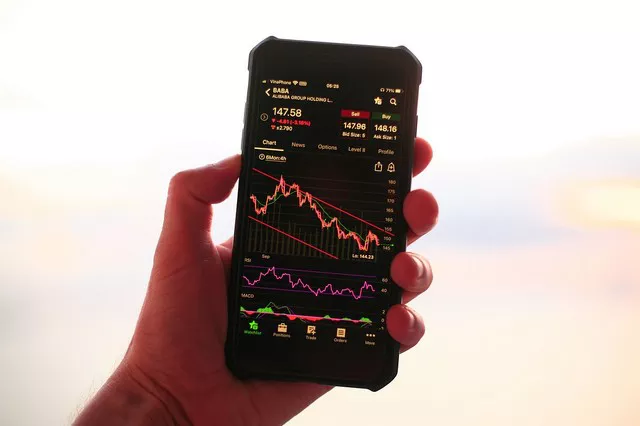Futures options are financial derivatives that provide traders with the right, but not the obligation, to buy or sell a specific futures contract at a predetermined price within a certain timeframe. These options are widely used for hedging and speculative purposes in the financial markets. To effectively trade futures options, it is crucial to understand when they expire and the implications of expiration. In this article, we will delve into the details of when futures options expire, exploring the expiration process, key dates to remember, and the significance of expiration for traders.
Expiration Process
Contract Specification:
Contract Period: Each futures option has a specific contract period during which it is valid. This period typically spans several months.
Underlying Futures Contract: Futures options are based on an underlying futures contract, which determines the specific commodity, financial instrument, or index being traded.
Strike Price: The strike price is the predetermined price at which the option holder can buy or sell the underlying futures contract.
Standardized Expiration Dates:
Expiration Cycle: Futures options follow a standardized expiration cycle, categorized into monthly, quarterly, or serial cycles, depending on the contract.
Monthly Expiration: Monthly options expire on the third Friday of each month, except for certain contracts that expire on other days due to special circumstances.
Quarterly Expiration: Quarterly options expire on the last trading day of each quarter, usually falling in March, June, September, and December.
Key Dates to Remember
Last Trading Day:
Cease of Trading: The last trading day is the final day on which traders can enter or exit futures option positions before they expire.
Timing: The specific timing of the last trading day varies depending on the exchange and the futures contract being traded.
Market Liquidity: As the last trading day approaches, market liquidity for expiring options may decline, potentially leading to increased bid-ask spreads.
Exercise and Assignment:
Exercise by Option Holders: Option holders have the right to exercise their options before expiration, converting them into the underlying futures contract.
Assignment to Option Writers: Option writers (sellers) may be assigned an exercise notice by option holders, requiring them to fulfill the obligations of the options contract.
Notice Period: The exchange typically provides a notice period during which option holders must declare their intention to exercise.
Final Settlement:
Cash Settlement: Most futures options are cash-settled, meaning the final settlement is made in cash rather than physical delivery of the underlying asset.
Settlement Price: The settlement price is determined based on the price of the underlying futures contract at a specific time on the last trading day.
Calculation and Payment: Option holders who are in-the-money receive cash settlements while those out-of-the-money receive no payment.
Implications for Traders
Time Sensitivity:
Time Decay: Futures options have a limited lifespan, and their value diminishes over time due to time decay, also known as theta decay.
Strategic Considerations: Traders must carefully consider the time remaining until expiration when developing trading strategies and managing risk.
Roll-Over Strategies:
Roll Over to New Contracts: Traders who wish to maintain their futures options positions beyond the expiration date can roll over their contracts to subsequent months or quarters.
Costs and Considerations: Roll-over strategies involve transaction costs and potential changes in market conditions, which traders need to evaluate.
Market Volatility:
Volatility Impact: As futures options approach expiration, market volatility may increase, affecting option prices and potential trading opportunities.
Managing Volatility Risk: Traders should be mindful of volatility levels and adjust their positions accordingly to mitigate risk.
Conclusion
Understanding the expiration process of futures options is vital for traders looking to navigate the financial markets successfully. By grasping the contract specifications, key dates, and implications of expiration, traders can make informed decisions and develop effective trading strategies. Remembering the last trading day, exercise and assignment procedures, and the final settlement process are critical for managing positions and avoiding any unforeseen consequences. With this knowledge, traders can harness the power of futures options and make well-informed choices in their pursuit of financial success.


